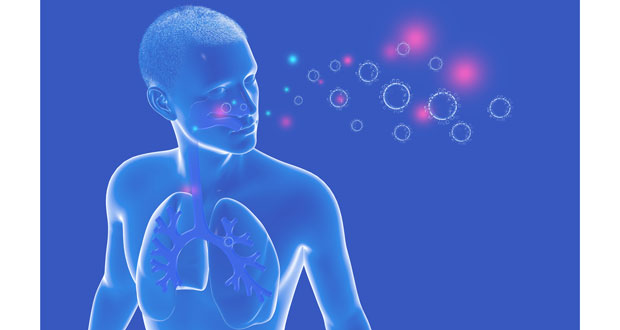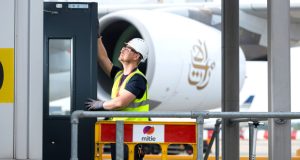The creation of the first British Standard for health and wellbeing in buildings has been welcomed by the Building Engineering Services Association (BESA).
BS40102 (part one) gives recommendations for measuring, monitoring, and reporting indoor environmental quality (IEQ) in all types of non-domestic buildings. It includes an evaluation and rating system for air quality, lighting, thermal comfort, and acoustics.
The evaluation will give building managers a benchmark score to help them identify areas of below par performance so they can plan improvements and include IEQ measures in any retrofit and renovation work to improve the health and well-being of occupants.
Swansea-based environmental and building services firm, EFT Consult, played a key role in the creation of the standard as it laid the groundwork through its development of a publicly available specification (PAS 3003) prompted by the 2015 Well-being of Future Generations (Wales) Act.
EFT, which is a member of BESA’s Indoor Air Quality (IAQ) group, was developing the PAS with the British Standards Institute when the Covid-19 pandemic struck highlighting the role played by poor quality indoor environments in the spread of viruses and other airborne contaminants. As a result, BSi decided to fast track and elevate the PAS to a full British Standard.
The standard was also partly inspired by the widespread realisation that building retrofit work carried out to improve energy efficiency had, in many cases, led to poorer quality ventilation.
To meet the new standard organisations will need to tackle conditions that have a direct impact on human health including humidity, and excessive levels of CO2, CO, NO2, volatile organic compounds (VOC), airborne particulates and mould.
EFT Chair Dave Kieft, commented: “The launch of BS40102-1 marks a major milestone in the assessment and improvement of indoor environmental quality in the UK. We are proud to have played a key role in the development and delivery of this new standard, and we are confident that it will make a significant contribution to the health, wellbeing, and productivity of building occupants around the world.”
Several other members of the BESA IAQ Group were invited to provide input into the standard and stressed the importance of following the latest World Health Organization (WHO) guidance on air quality. This was updated in 2021 to reflect the findings of five years’ extensive research which revealed that particulate matter (PM) and nitrogen dioxide (NO2) harmed human health “at even lower concentrations than previously understood”.
BESA IAQ Group Chair, Nathan Wood, said: “This new British Standard is an important step forward in our ongoing battle to get the government and building owners to focus more attention and investment on the indoor environment.
“Setting IEQ performance benchmarks will make it easier for facilities managers to target problem areas and demonstrate how conditions directly affect health and productivity. However, we must continue to keep pushing standards upwards as current government targets do not reflect the latest WHO guidance and lack real ambition.”
BESA’s campaign to turn buildings into ‘safe havens’ from pollution led to the production of three pieces of guidance, which it says could help more building owners comply with the new standard.





